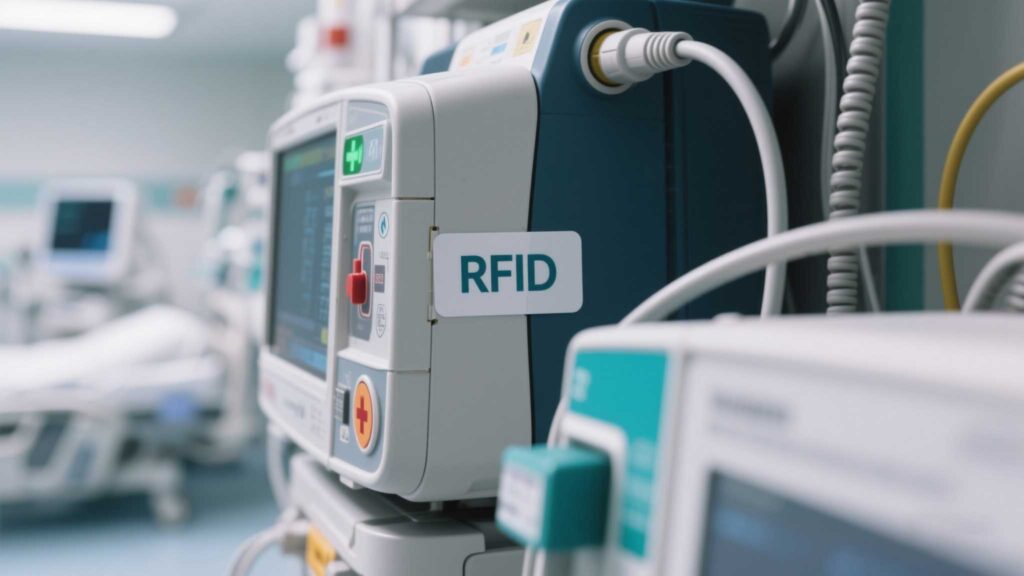What Is a RFID Antenna? (It’s Not the Whole Reader)
29Get a clear answer to what is a RFID antenna. Learn how this hardware enables wireless communication in RFID systems for access control, tracking, and inventory.
MoreAll RFID Product
Let’s face it: losing a defibrillator during an emergency isn’t just frustrating—it’s life-threatening. Hospitals need RFID systems that nail both accuracy and reliability. But with so many brands claiming to be “healthcare-grade,” how do you pick the real deal? We’ve scoured specs, tested in real wards, and talked to biomed teams to find the brands that actually deliver.

Healthcare isn’t retail. Your RFID system must:
Spoiler: Most consumer-grade RFID modules fail these tests. Hard.
1. Precision Tracking (Even Through Walls)
2. Sterilization-Friendly Design
3. Compliance Out of the Box
4. Battery Life That Doesn’t Quit
Brand A: The Compliance King
Brand B: The ER Speedster

Cykeo: The Durability Workhorse
Q: Do RFID waves interfere with pacemakers?
A: Nope—FDA-cleared modules use safe UHF bands.
Q: How often do tags need replacing?
A: Quality ones last 5–7 years. (Cheapies conk out in 12 months.)
Q: Can we tag implanted devices?
A: Not recommended. Stick to external equipment.
Takeaway: Picking an RFID module for medical gear isn’t about specs—it’s about trust. Brands like Cykeo earn their keep by solving real crises: lost vents during flu season, missing beds during surge capacity, or expired pumps hiding in closets. Start small—tag your crash carts or ultrasounds—then expand as confidence (and ROI) grows.
Get a clear answer to what is a RFID antenna. Learn how this hardware enables wireless communication in RFID systems for access control, tracking, and inventory.
MoreNeed a clear answer? Learn what an RFID reader is, how it works in real life, and why businesses use it for tracking and access control. Simple explanations from CYKEO.
MoreThis article explores the real-world applications and experiences of RFID technology in libraries — from speeding up book borrowing and returns, to inventory management, theft prevention, and privacy protection — offering a complete look at how it...
MoreRFID and barcode technologies are widely used in international trade, manufacturing, warehousing, and retail industries. This article provides a detailed comparison of the two in terms of identification methods, reading efficiency, data capacity, ...
More